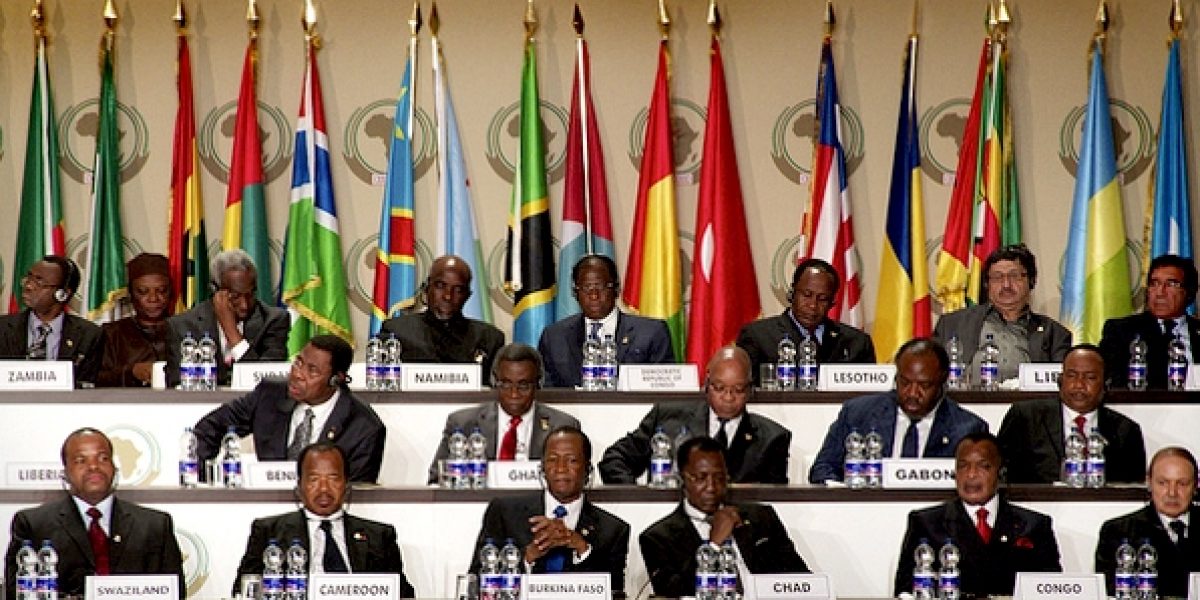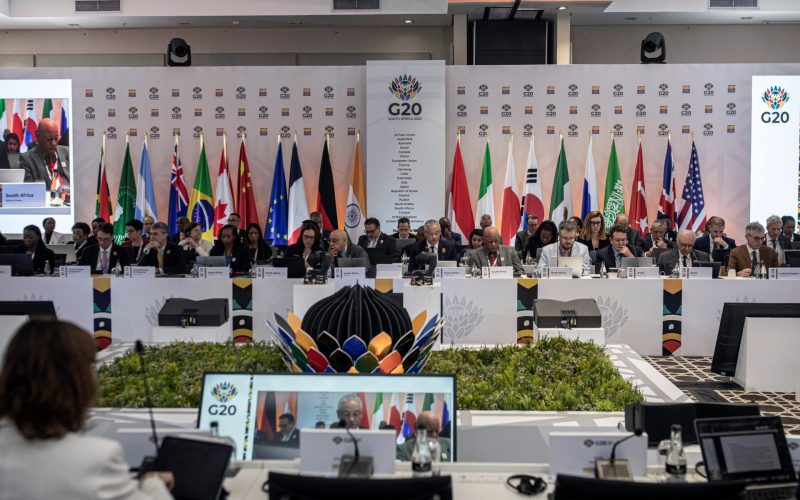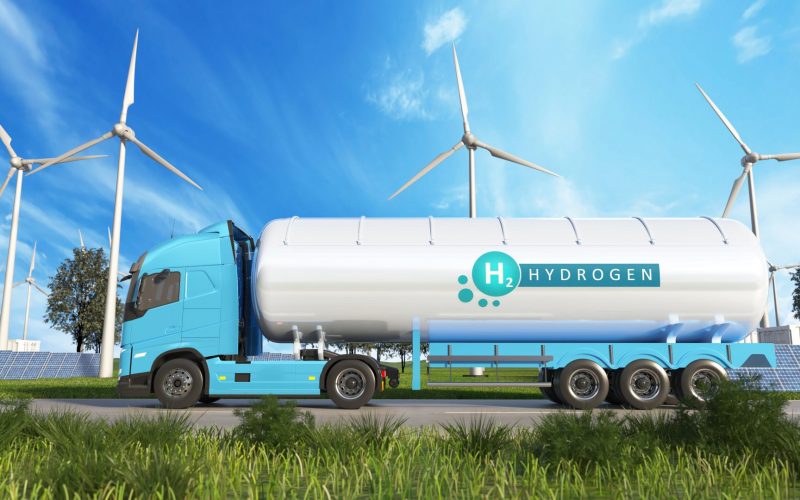Regional integration is motivated by the need for larger markets in order to grow trade and investment. Intra-regional trade is central to the drive for integration which, among other things, requires infrastructural development to reduce some of the supply-side constraints that African countries face, which hinder their production capacity and ability to supply goods and services to regional and international markets. Infrastructure development is therefore one of the most urgent challenges facing the continent, particularly for projects that promote regional linkages.
Africa’s traditional partners, mainly the EU and the US, have long supported the regional integration agenda through various sector policy and institutional support initiatives. Nonetheless, the past decade has also seen the emerging economies arise as new players in Africa, and their impact on regional integration has stimulated much discussion. In their trade, aid and investment engagements these new participants, typified by China, India and Brazil, have developed their own ways of interacting with Africa, different from the norms established by the US and the EU. This paper seeks to understand the nature and impact of emerging economies on regional integration in Africa, compared with traditional partners, and examines any possible scope for co-operation between traditional and emerging partners in Africa’s regional integration and infrastructure development agenda.






